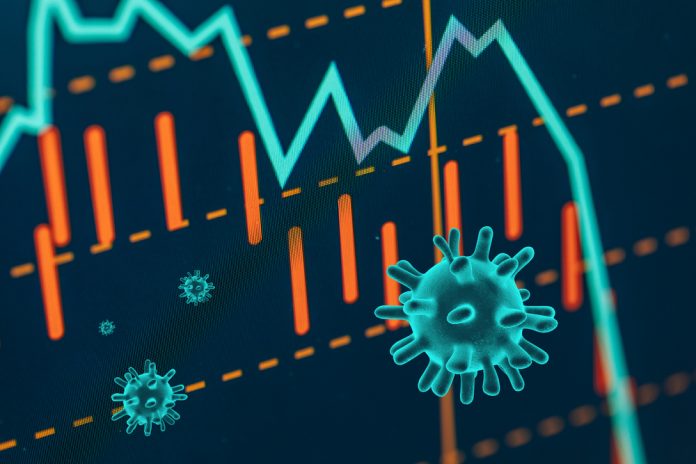According to new data published by the Swedish Gambling Authority, Spelinspektionen, online gambling rates in the country have fallen since the outbreak of the COVID-19 health crisis.
The data, reveals that overall betting and gaming turnover in March and April was down 5.9% and 5.4% year-on-year respectively, contrasting with January and February which registered increases in online gambling turnovers of 21% and 30% respectively.
Spelinspektionen found, however, that while casino play had increased, the decline in sports betting was drastic enough to ensure a 6% decrease in overall online betting and gaming for the year to date.
A statement released by the Scandinavian gambling authority read: “Virtually all betting activities except horse racing ceased in the middle of March, when most major sporting events were canceled as a result of the coronavirus pandemic.
“An example of this is the turnover of two major gaming companies with a focus on betting decreased significantly by 40% and 51% in March 2020, compared to March 2019.
“Several of the larger companies that are more focused on online casino games fared significantly better. As a whole, the category of online gaming and betting sales decreased by 6% in March 2020 compared to March 2019.”
Despite the overall decline in betting activity the report indicates that based on tax returns, 55% of online licensees registered March turnover growth, with 58% signalling likewise in April.
The overall decline in online play also casts doubt on the upcoming restrictions set in place by Sweden’s Minister for Health and Social Affairs Ardalan Shekarabi which has already drawn criticism from the Swedish gambling industry and has been described by Spelinspektionen as a tool which could prove beneficial for illegal operators.
The organisation concluded: “The Authority wishes to point out that the proposed rules may affect key parts of the licensees’ technical systems. These changes can be both time-consuming and require re-certification of the systems. This entails a great risk that many licensees will not be able to meet the new requirements within the proposed time.”




























